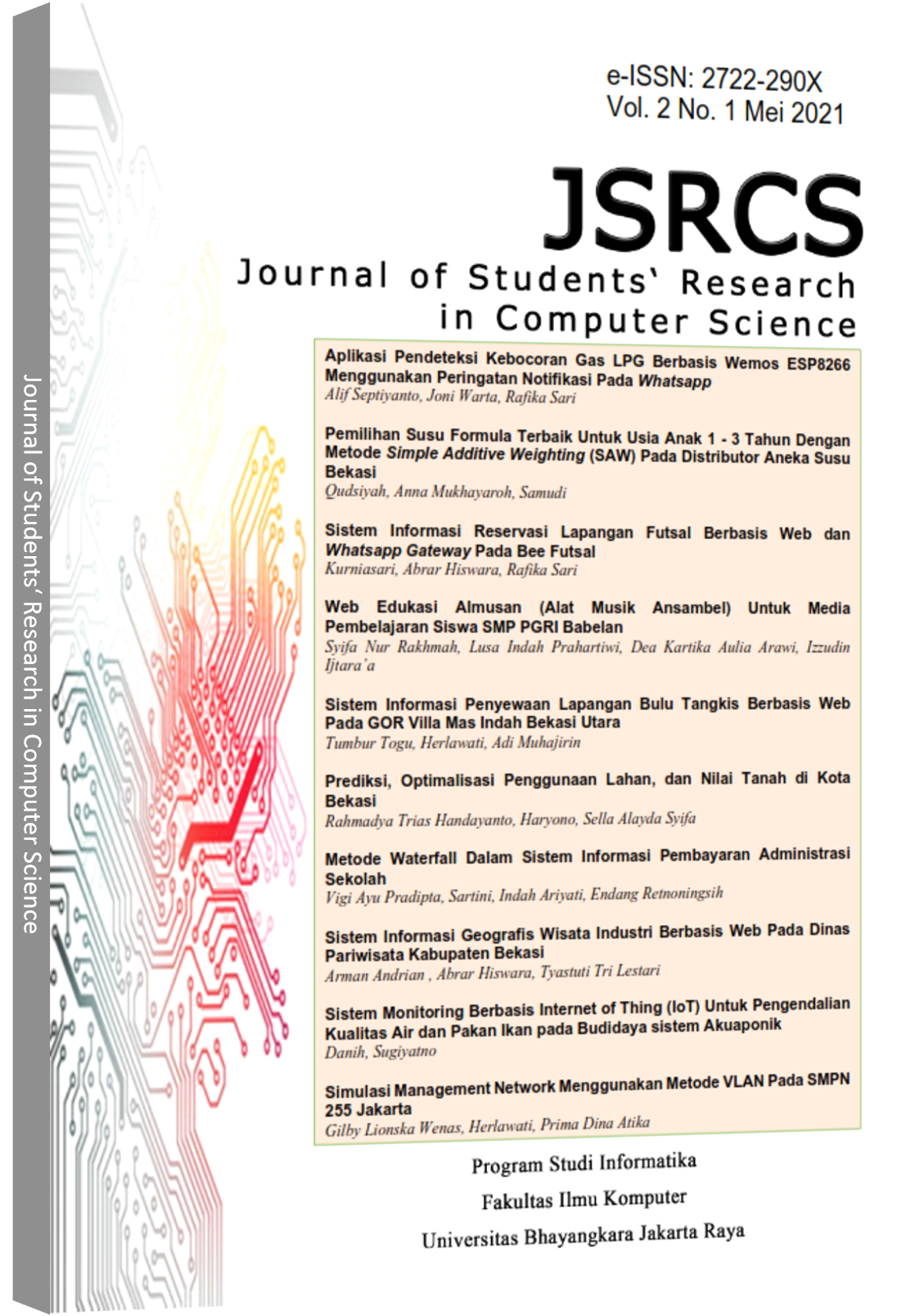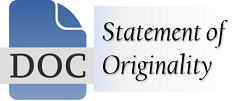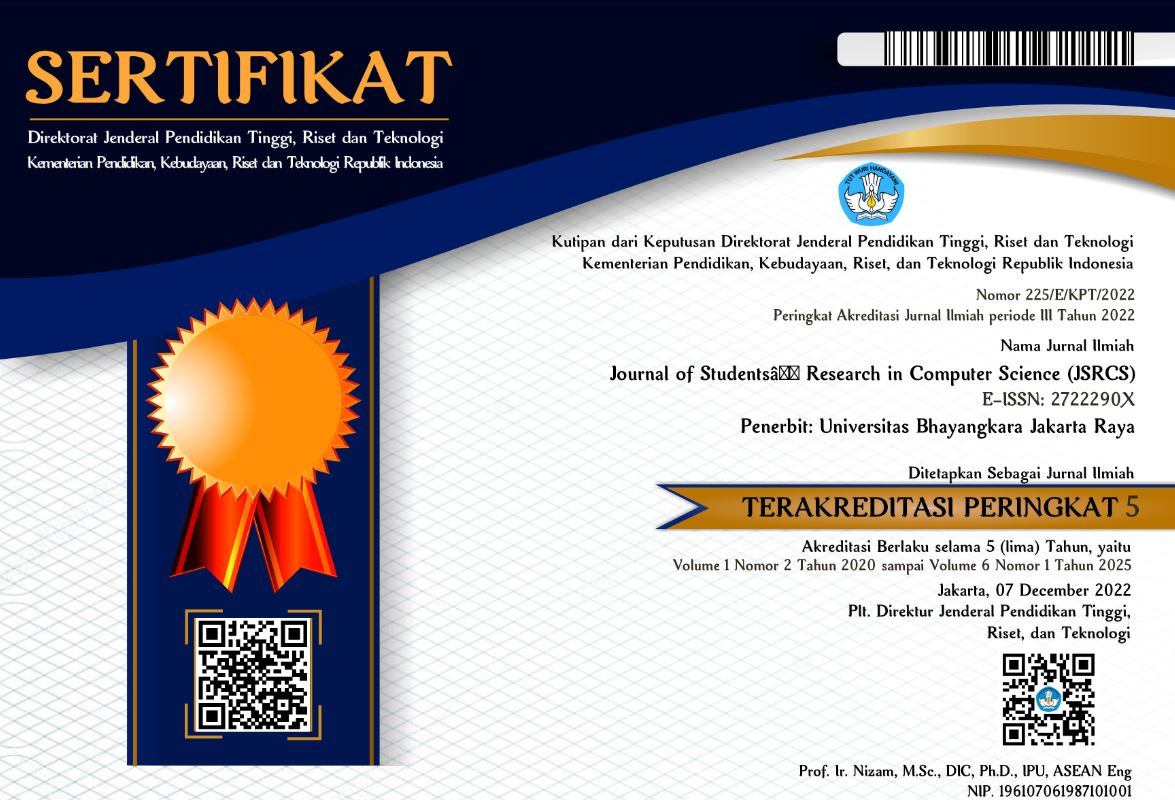Renting Out Villas in The Villa Kota Bunga by Utilizing Digital Marketing Technology
DOI:
https://doi.org/10.31599/fezvfp95Keywords:
Digital Marketing, E-Commerce, Tourism, Villa Kota BungaAbstract
Tourism is a field that is directly related to global development and economic growth. Year after year there has been a significant increase in this sector, even though during the Covid-19 pandemic it had experienced a decline, but it is believed by various parties that there will be a period of revival in the tourism sector. In Indonesia, there are many local tourist attractions that are worldwide and many more are loved by both local and foreign visitors. Tourist attractions that are close to the capital city of Jakarta and visited by many tourists include the peak area of Bogor. The main attraction of the peak area is the cool mountain area with tea plantations. Many culinary places, game arenas are offered by local residents. Its location close to the city of Jakarta makes this area always crowded with tourists, especially every weekend. One of the places that is used as a benchmark when on vacation to the top is Villa Kota Bunga Puncak. In Kota Bunga Puncak there are many villa rentals but unfortunately, they are still doing traditional marketing. After observations have been made in the field, the villa marketing is carried out in collaboration with brokers or freelance sales. In general, there is no concept of creating digital marketing content for the rental Villa in Villa Kota Bunga Puncak. From the many rental villas there, in this study we take the example of the case of Villa Wubao. Digital marketing is made possible by a series of adaptive digital touchpoints that include marketing activities, processes, customers or institutions that interact with one another. From existing research, the number of touchpoints is increasing by more than 20% every year as more and more customers using traditional or offline means are switching online or to digital technology. In this research digital marketing strategy will be analyzed and designed based on seven stages: situation analysis, digital marketing strategic planning, objectives (goals), digital marketing strategy, implementation planning, budget, and evaluation plan.












_-_Copy1.jpg)

